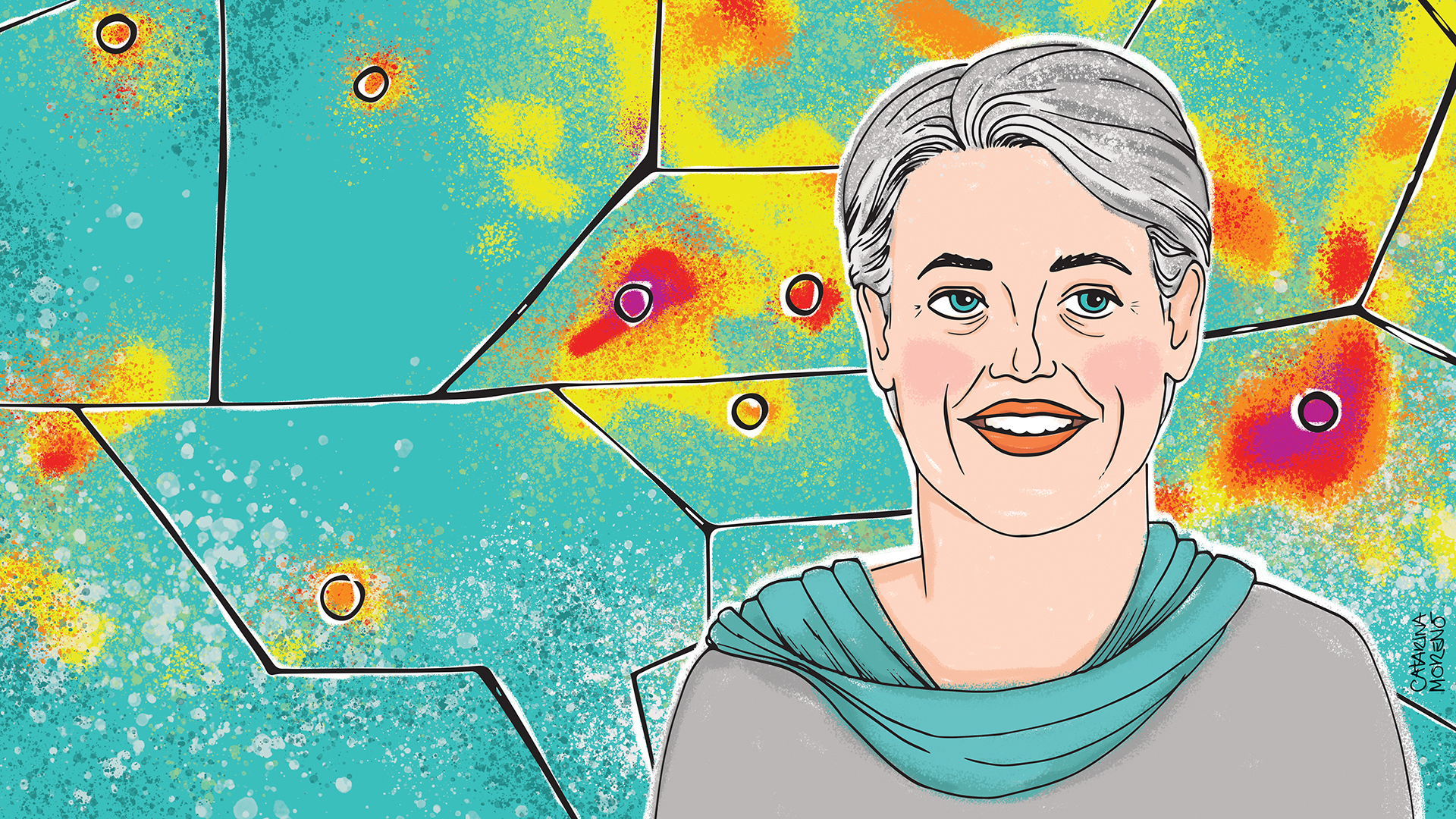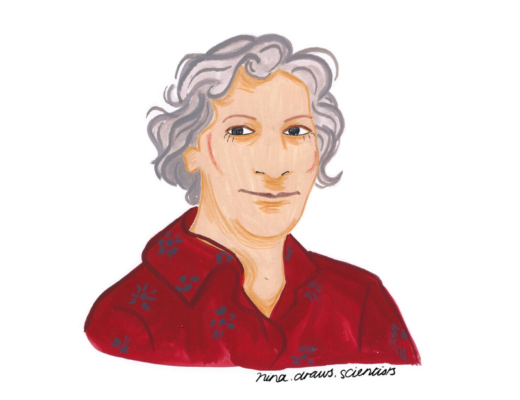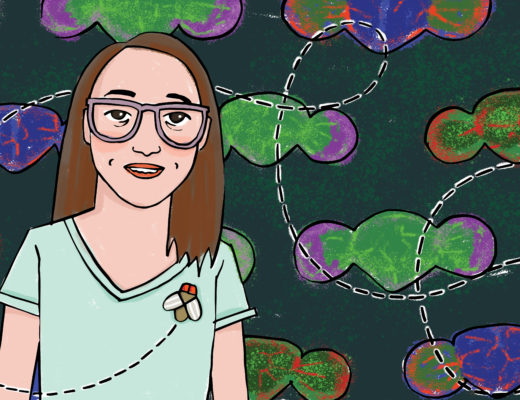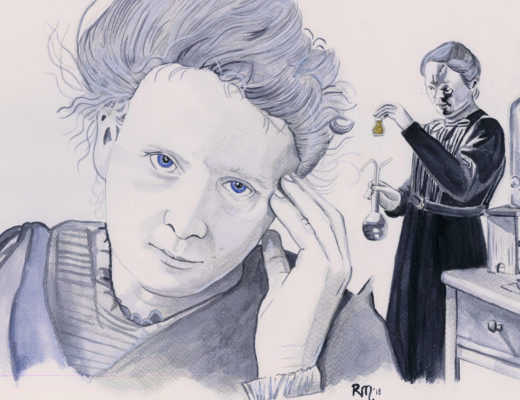Illustration by Catarina Moreno (catarinamoreno.com)
Climate change affects every facet of our lives, from the quality of our health, to the type of energy we use and what our cities look like. And while it’s now clear that the impact of the climate crisis on our lives can be dramatic, we still don’t know exactly how different regions of the world are affected by our changing climate, or how much these effects can be lessened by specific actions.
We had the pleasure of interviewing Prof Nicole van Lipzig, a climate researcher who is working to answer these exact questions. Van Lipzig is a professor and the head of the Geography and Tourism unit at KU Leuven in Belgium. Her research team uses computer models to understand climate processes and to predict what may happen in the future.
Climate models use mathematical equations that include thousands of data points to make predictions about how the climate will change in different scenarios. Models take into account an enormous variety and amount of information, including hundreds of factors derived from both general scientific principles and specific observable measurements. For example, the models Van Lipzig develops in her lab integrate the laws of physics, knowledge about how the oceans and atmosphere move, measurements of water temperatures, the building materials of cities and how those cities are distributed around the globe, where deforestation takes place, among hundreds of other factors. Because all of these factors are interconnected, changing one parameter (eg. carbon dioxide release) creates complex cascading effects. Climate models allow researchers to estimate the impact of those changes on climate, and the impact of climate changes on our lives.
Van Lipzig is particularly interested in understanding the impacts of climate change in Europe, Antarctica, and East Africa. Her lab studies the combined effects of the climate and the weather on the efficacy of renewable energy resources like wind farms, aiming to improve these technologies. She also develops powerful methods to accurately predict how much Antarctic ice melting will affect global sea level rise, for example.
Researchers spend a lot of time assessing the uncertainty, because we don’t know what pathway society will take.
In the video interview, van Lipzig speaks speaks not only about her research, but she also gives her expert view on the climate crisis. In 2018, a panel of climate scientists reported on the potential consequences of a global temperature increase of 1.5 degrees Celsius, a point we may hit in the next decade. We’re already seeing heat waves and record cold temperatures worldwide related to greenhouse gas emissions, but there are a lot of barriers standing in the way of widespread behavioural and political change.
But van Lipzig is no stranger to barriers. She manages to balance teaching classes, managing a lab, doing her own research, and raising two kids thanks to the support of people in both her personal and professional life. Supportive people taking on the role of informal mentors also helped her navigate the demands others placed on her as a young woman in science early in her career. She finished her interview by giving sage advice to young scientists on how they can succeed in their career.
Watch the video to learn more and please subscribe to our channel to support us!




